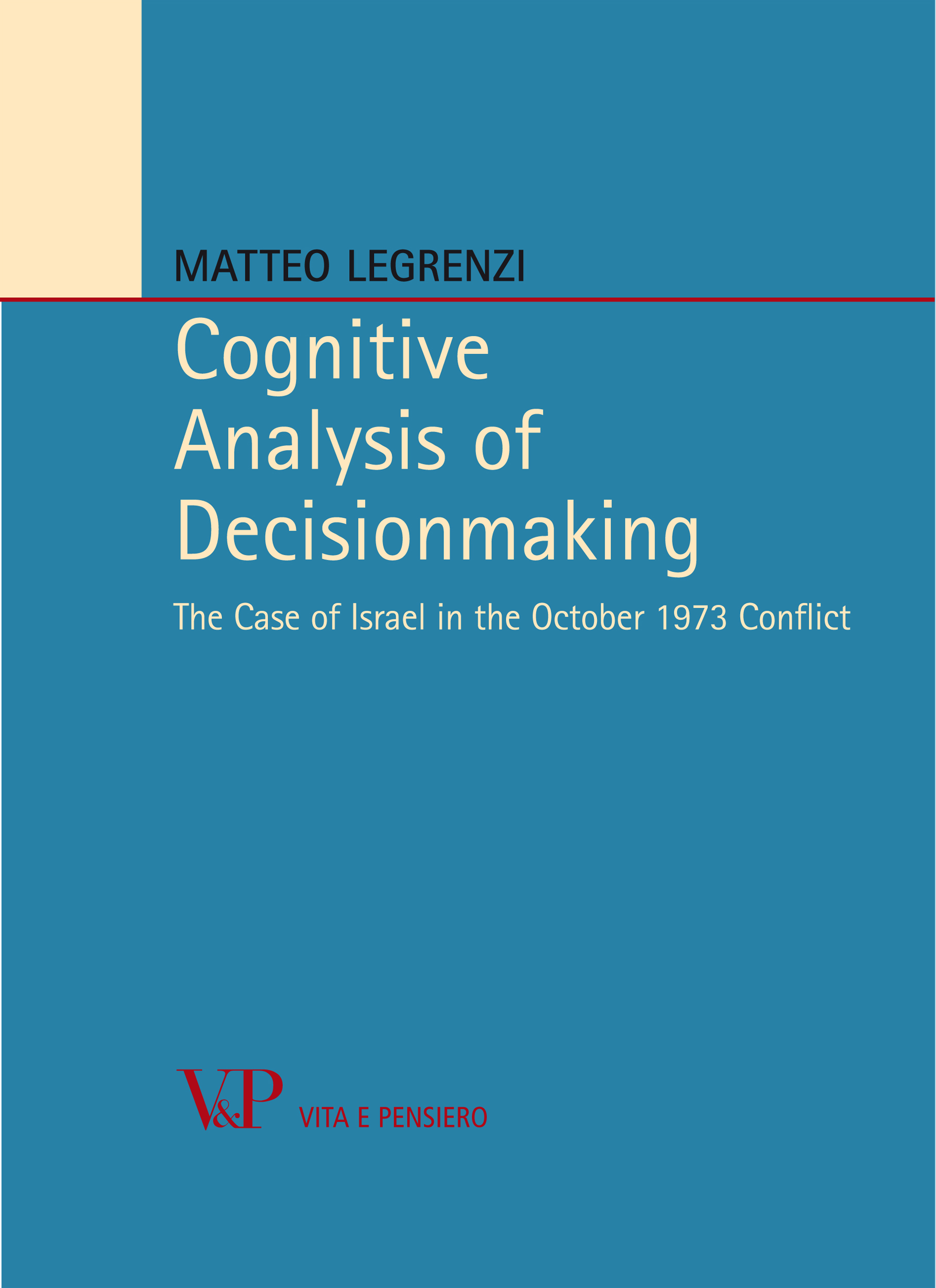Description
The dynamics that underlie information processing in foreign policy decisionmaking, the resultant biases and errors, and implications for the quality of decisions are tested with reference to Israeli decision making during the 1973 conflict. The book focuses on how Israeli decision makers faced the unavoidable tasks of assessing risks and forming risk preferences in the buildup to the conflict. It emphasizes the way some key assumptions shaped the cognitive filters through which information was processed and how this led to a narrow framing of the choices that were available. At a broader level the book makes the case that the way a particular war is initiated, and even more importantly, the manner in which the outcome of a particular conflict is conceptualized, directly affects the standing of actors in the international system.



